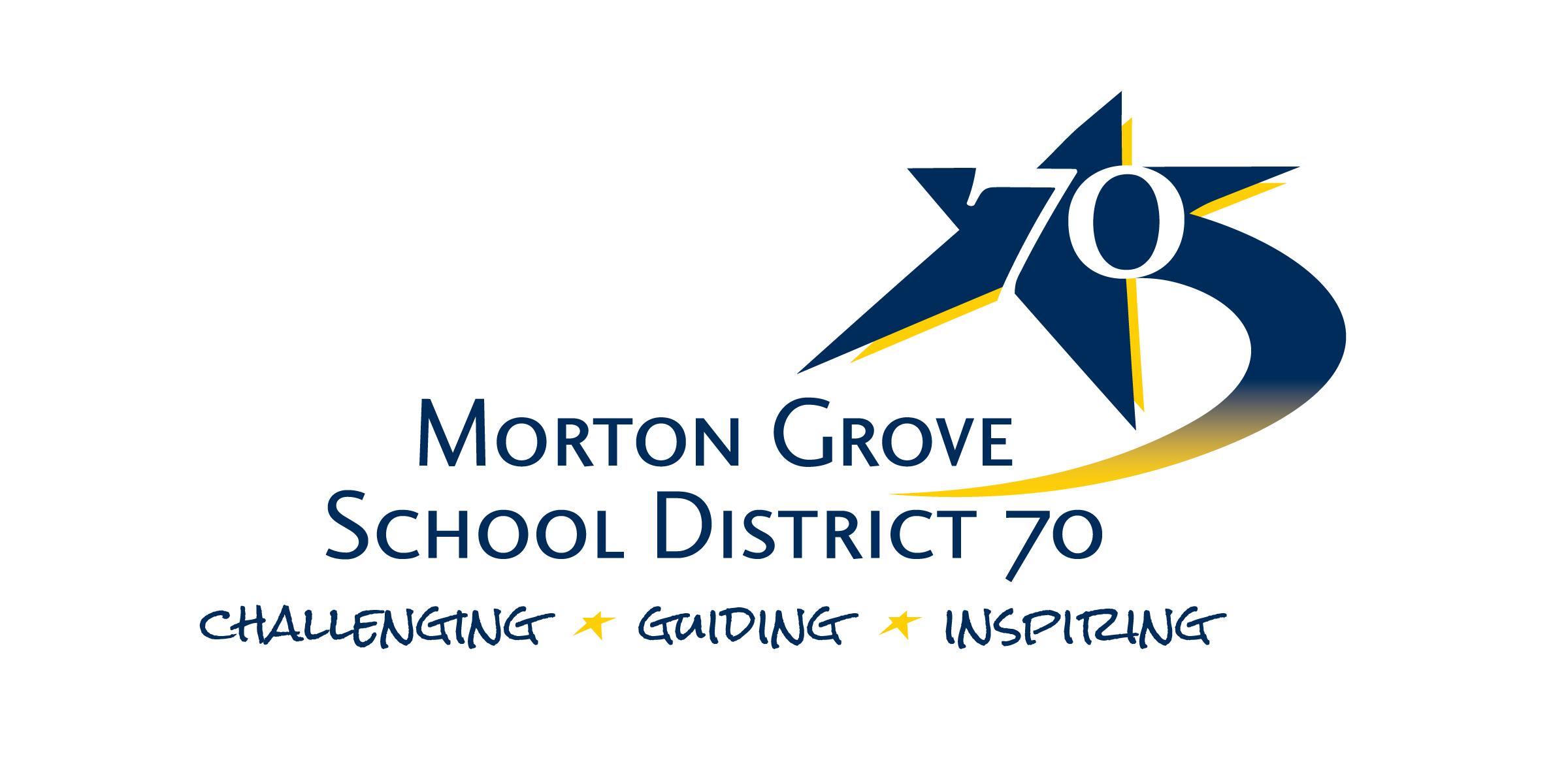Bullying Prevention And Response
Park View’s Anti Bullying Program & Response
Park View School takes bullying very seriously and is committed to a proactive, preventative approach to bullying. Administration, teachers, students, and parents should know that bullying is prohibited and should reported it to school authority. This page is dedicated to inform parents about the issues of bullying, and how District 70 addresses this serious problem.
Feel free to navigate this page to learn more.
What is Bullying?
Bullying is a one-sided unfair match. It is intentional and happens more than once. Bullying is different than a single incident of teasing, and it is distinct from the normal conflicts of childhood. Bullying behaviors normally fall into four categories: physical, emotional, verbal and relational. These may include, but are not limited to: intimidation, teen dating violence or harassment, oral/written threats, teasing, put-downs, name calling, threatening looks, gestures or actions, rumors, false accusations, social isolation or exclusion, cyber bullying (including but not limited to the use of the Internet, cell phone, or any digital device.
*Please refer to our student handbook for further explanation of bullying.
**Please refer to the Board policy on bullying.
Reporting Bullying
Students are encouraged to immediately report bullying. Students are encouraged to make reports orally, or in writing to any staff member whom the students feels comfortable speaking to. Anyone, including staff members and parents/guardians, who has information about actual or threatened bullying is encouraged to report it to any staff member. Anonymous reports are also accepted by phone call, in writing and through the Safety Tip Line on the school website.
Communication Procedure:
- Staff member interviews all students involved
- Staff member documents all allegations
- Staff member contacts administrator
- Administrator responds with possible disciplinary actions and possible interventions
- Staff member contact victim’s parents and informs that action was taken
- Staff member contacts victim to inform that action was taken
- Staff member contacts parents of student showing bullying behavior to inform of school response and intervention
- Staff member regularly check-ins with victim and aggressor
Levels of Bullying
The following is a range of possible responses and interventions for different levels of bullying:
|
Examples of Behaviors |
School Response |
Interventions |
|
|---|---|---|---|
|
Level 1 Bullying |
Early stages of repeated or severe: insulting, gossiping, excluding from a group, mild pushing, and physical contact. |
May include: Verbal reprimand; Service oriented project; Conference with teacher; Reflection form; Call or email home. |
May include: Increased observation by staff in problematic settings; Check-ins with student on a regular basis; Staff consult with social worker. |
|
Level 2 Bullying |
Level 1 behaviors that persist despite early-stage interventions; Mild and early stages of insulting someone’s race, ability, or disability, threatening or causing physical harm. |
May include one or more of the following: Any Level 1 Consequence; Notification to the principal; Detention (during lunch or recess, after school); Loss of privilege; Structured seating. |
May include one or more of the following: Any Level 1 intervention; Lessons on respectful behavior or play; Small reinforcement system for respectful behavior or avoidance of bullying behaviors; Session with social worker. |
| Level 3 Bullying
|
Level 1 and 2 behaviors that persist despite early-stage interventions; Prolonged harassment; Destroying personal property; Repeated threats or acts of violence. |
One or more of the following: Any Level 1 or Level 2 consequence; Conference with principal, teacher and parent; In-school suspension; Out-of-school suspension; Change of schedule; Consult with school resource officer. |
One or more of the following: Any Level 1 or Level 2 intervention; Referral to Tier 2 Problem-Solving team; Behavior contract; Increased structure and adult supervision; Multiple social skill-building sessions. |
Foundations: Safe and Civil Schools Program
Through the Safe and Civil Schools program and ongoing staff training, we are implementing systems-wide interventions that will promote positive and expected behaviors.
The Foundations team (made up of school staff) has created various behavior policies to promote a positive school culture. Our school has already adopted hallway, recess, and cafeteria policies.
This site provides information using PDF, visit this link to download the Adobe Acrobat Reader DC software.
